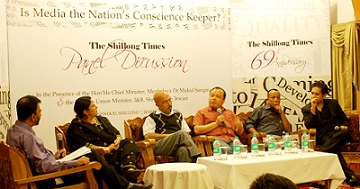
SHILLONG, SEPT 24: Union Information & Broadcasting minister Manish Tewari said in order to avoid being regulated by the government, the media should have its self-regulatory mechanism. He was of the opinion that the self regulation by the media should be both credible and sustainable.
Speaking at the sixty-ninth anniversary celebration of The Shillong Times on Tuesday as guest of honour at Pinewood Hotel Tiwari strongly felt that the government should not be compelled to step in to regulate the media. He felt credible self regulation by the media houses would be an ideal scenario to preserve the freedom of the press in India.
Meghalaya chief minister Mukul Sangma graced the function as the chief guest.
A panel discussion to discuss “Is media the nation’s conscience keeper” was also held which concluded that the media should first learn to be its own conscience keeper.
The panelists included former home minister and MLCU vice-chancellor RG Lyngdoh, UDP legislator Paul Lyngdoh, Dr. Sukalpa Bhattacharjee, English Department of NEHU, North East Today (TNT) editor-in-chief Pradyot Manikya Debbarma, Shillong Press Club (SPC) president David Laitphlang and was moderated by Doordarshan Kendra programme executive Partho Chakraborty.
Tiwari who was the key speaker said a careful regulatory in the media space is important in the present scenario of the World Wide Web (WWW). He, however, admitted that it is a herculean task to regulate the social media activities as the new media is piggyriding on the WWW that has 86.7 crore mobile phones and 12.4 crore internet users, which is expected to grow to 37 crore by 2017. He also informed that there are eight 8 crore Indians on Facebook and another 1.8 crore on Twitter.
Tiwari acknowledged the danger of the unwanted messages and information’s put up and circulated in the social media network.
He was of the opinion that what is immediately is required is to have a system within the government for channelizing more credible information at a very fast space. He said, “This will help tackle flow of false information in the social media.”
Tewari informed that the I&B ministry has a new media wing for dissemination of information required to be put up social media platforms from the government side. The wing would integrate the communication tools horizontally and vertically through various social media stages, he said
Similarly, Tiwari suggested that the state governments and district administrations should also have an institutionalised presence in the social media pool.
Much in line with what Tiwari said earlier in the day, speakers during the panel discussion in the evening were of the opinion that media should be the conscience keeper of itself with RG Lyngdoh emphatically stating that media should first be the police and conscience keeper of itself before embarking of becoming the conscience keeper of the nation.
Lyngdoh, however, admitted that there is a demand for media to become conscience keeper of the nation as the people depend on the fourth estate for fair dissemination of information as both the executive and judiciary are controlled by the legislature.
Even as UDP legislator Paul Lyngdoh said media should be the watchdog of democracy, but lamented that from being the watch dog of democracy, the media is turning out to be the lapdog of politicians and corporate houses.
To get over such perception, Lyngdoh underscored on the need for media houses to improve its credibility and accountability.
Dr.Sukalpa Bhattacharjee of NEHU English department was of the opinion that the current trend of the media is manufacturing news to please politicians and corporate houses. She said the media should develop its own autonomous conscience so that this will result in the growth of a vibrant
Echoing the same views, UDP leader Paul Lyngdoh said that media should be the watchdog of democracy, but the fact is that from being the watch dog of democracy, the media is turning out to be the lapdog of politicians and corporate houses.
He also stressed the need for improving credibility and accountability on the part of the media.
SPC president David Laitphlang observed that section of the media is swayed by the opinion of certain group of people in time of crisis instead of becoming a facilitator to contain the situation. He implored on the media fraternity to retrospect. Touching on the social media and its implications, he wondered whether there is a need to curb the comments of social media like Facebook and Twitter.
TNT editor-in-chief Pradyot Manikya Debbarma highlighted the role played by the media during the atrocities committed against Indians in Australia, which took the panel discussion to a different realm.- By Our Reporter

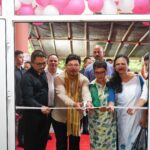
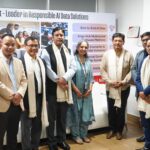
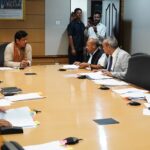
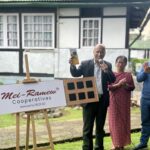

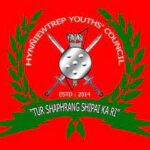



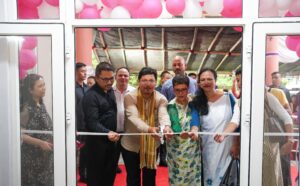
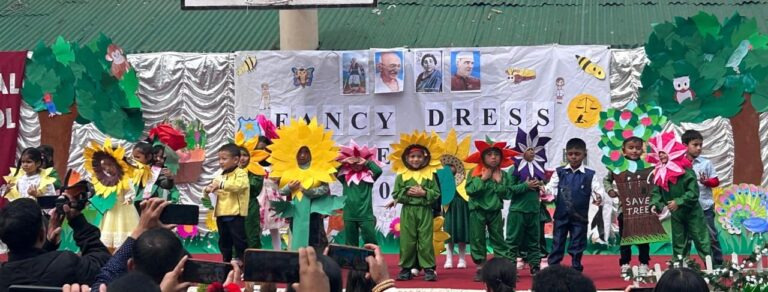
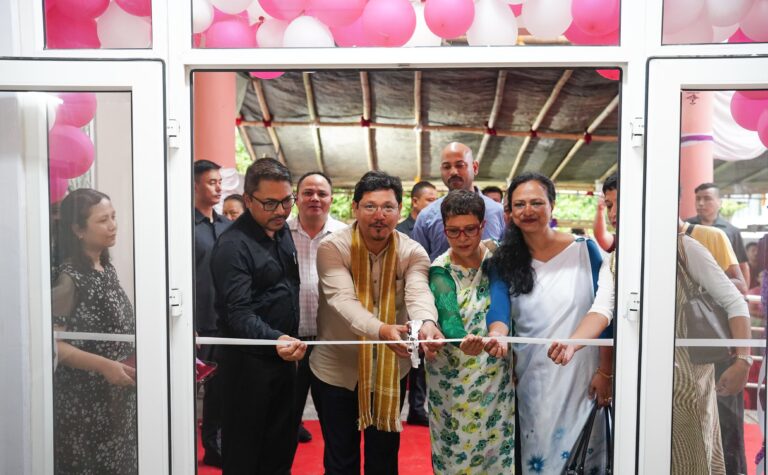
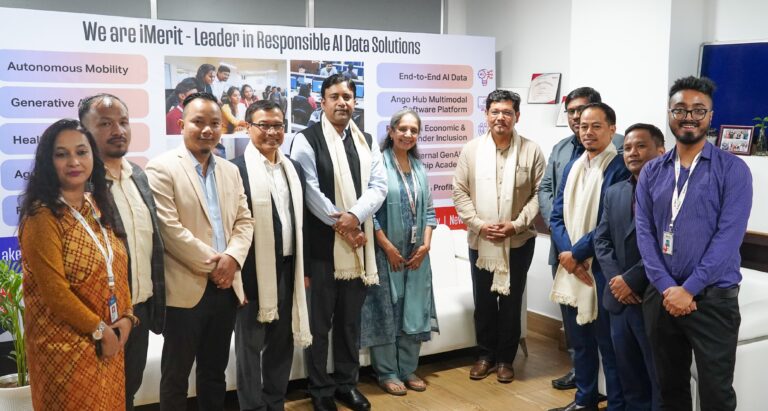
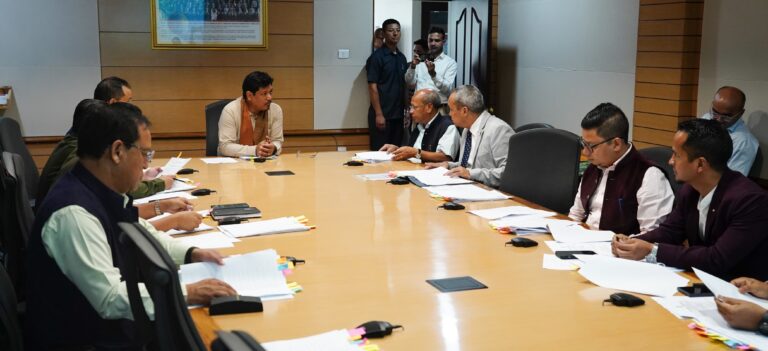
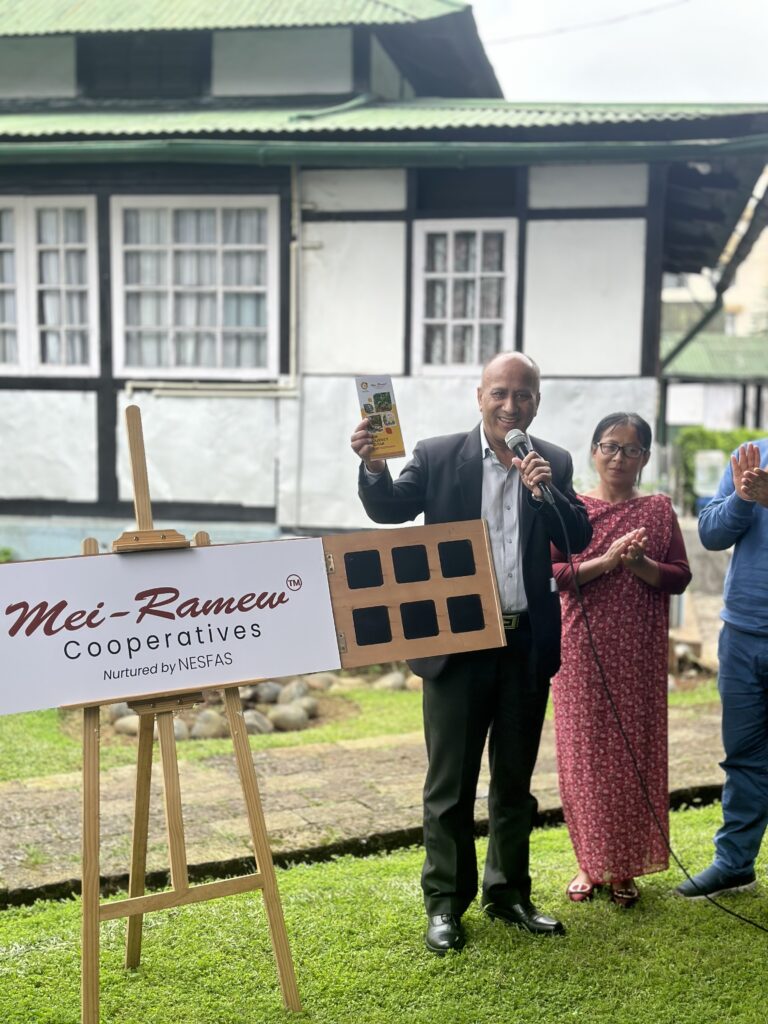
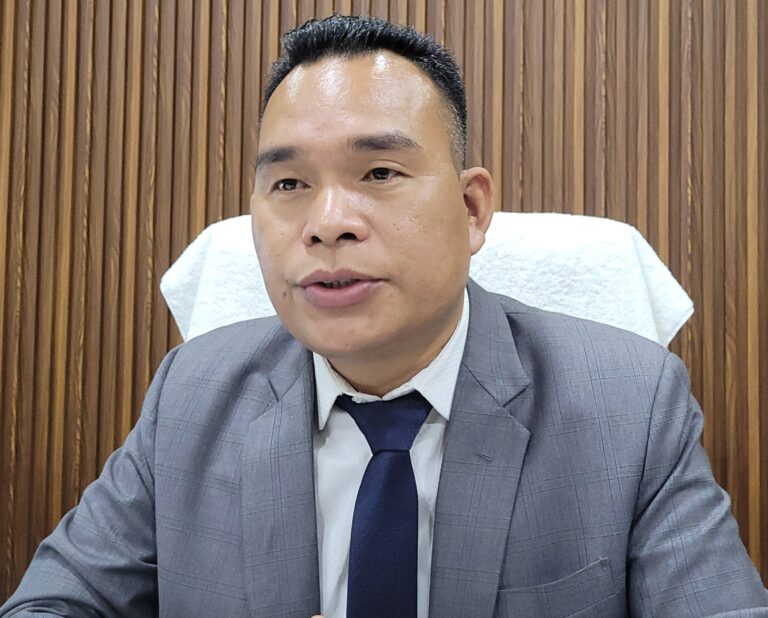
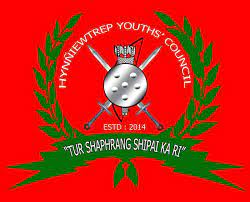

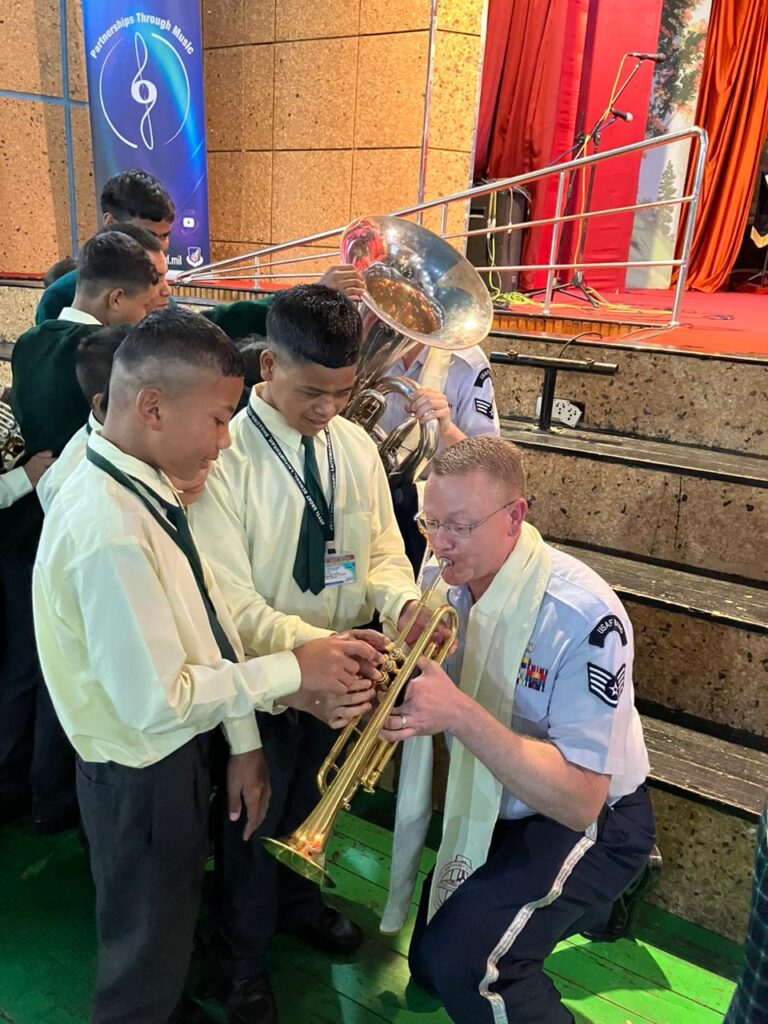
+ There are no comments
Add yours